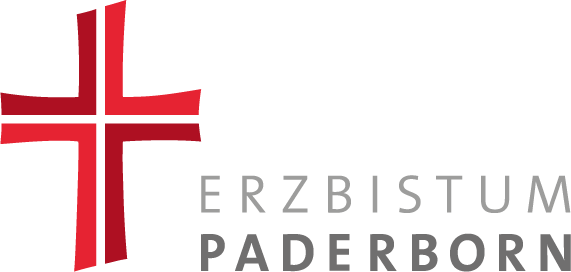The online event was prepared by the Paderborn Dean’s Office, the Paderborn Evangelical Church District, the DGB Ostwestfalen-Lippe and the Kommende Dortmund. In Paderborn, the cooperation between the DGB and the churches has a long tradition: for over ten years a joint social conference has been held every two years, addressing current issues from the field of social and labor market policy. After the social conference had to be canceled last year due to corona, this year’s social conference – in keeping with the topic – took place exclusively digitally.
Together with the initiators, Prof. Berthold Vogel from the Sociological Research Institute (SOFI) of the University of Göttingen and Prof. Birgitt Riegraf, President of the University of Paderborn, the question of what effects the pandemic has on our lives was investigated. Prof. Vogel stated: “The corona pandemic marks the limits of solidarity. In addition, digitization is proving to be an accelerator of separation, disinformation and hate. But we also started talking about the value and dignity of work during the pandemic. Just like digitization, the pandemic shows us the need for society and community. ”Prof. Riegraf added:“ Communication is more than a clocked and efficient exchange of information via zoom. Public space cannot be replaced by the Internet. Instead of a surge of isolation as in the pandemic, we also need chance encounters, the conversations between the door and the hinge. And we have to be careful that massive mechanization and the use of data do not manipulate social and political processes. “
In everyday life, online formats offer support in dealing with the pandemic – whether when shopping, working or in education and culture. Examples are home office or distance learning. Volker Neuhoff, Superintendent of the Evangelical Church District and co-organizer of the Paderborn Social Conference, sums up the challenges for social interaction: “The longer the crisis lasts, the more noticeable the limits and contradictions in dealing with digital technology: Many perceive the digital possibilities as personal Enrichment; at the same time, quite a few people lose touch, are insecure and feel left alone. The longer we have to go ‘at a distance’, the more aware we become of how much we depend on each other. “
Companies, schools, universities and clubs are social places where we don’t just earn money or learn. Because: “Social togetherness, including the discourse about differences and enduring other opinions, is one of the most important prerequisites for peaceful coexistence in our society. That was very much missing in the pandemic. We have to do a lot to make this possible again, ”said Anke Unger, regional manager of the DGB OWL in Paderborn.
The discussion following the two keynote speeches dealt with the topic of digitization and the topic of vaccination rates. Refusal to vaccinate indicates a decline in solidarity in society. Vaccination opponents would be highlighted in the media instead of appreciating the community-related behavior of the majority and “late vaccination” directly
to respond to the fact that solidarity is worthwhile. Vaccinating the population is a crucial component in quickly containing the corona pandemic. The deputy mayor of the city of Paderborn, Sabine Kramm, had already encouraged at the beginning of the social conference: “Let’s not let the virus drive out the social!”
Dean Benedikt Fischer summarized the appeal from the 7th Social Conference: “Vaccination is an act of solidarity and charity! We call on all people for whom a vaccination by the STIKO is recommended to get vaccinated against Covid-19. You protect yourself and, above all, those people from infection who for various reasons cannot be vaccinated. We owe that to the children and adolescents in particular, who for over a year and a half have restricted themselves to protect the vulnerable population groups. “
–

